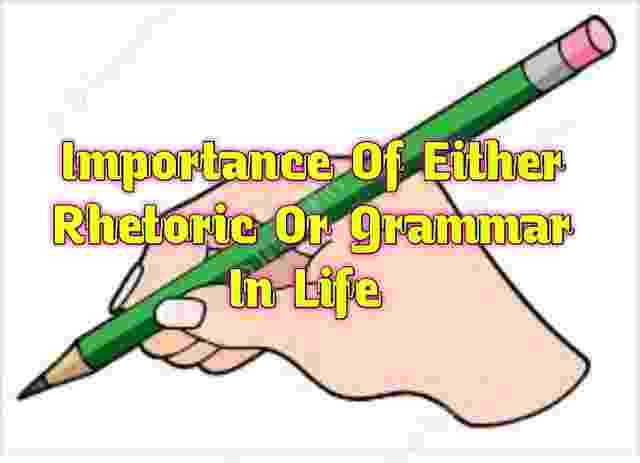Explain the literary perspective of Thomas Gray's "Elegy A Written in a Country Churchyard".
Ans.Thomas Gray's "Elegy Written in a Country Churchyard" was first published in 1751. Gray may, however, have begun writing the poem in 1742, shortly after the death of his close friend Richard West. An elegy is a poem, which laments the dead. Gray's "Elegy Written in a Country Churchyard" is noteworthy in that it mourns the death not of great or famous people, but of common men. The speaker of this poem sees a country churchyard at sunset, which impels him to meditate on the nature of human mortality. The poem invokes the classical idea of memento mori, a Latin phrase which states plainly to all mankind, "Remember that you must die."
The speaker considers the fact that in death, there is no difference between great and common people. He goes on to wonder if among the lowly people buried in the churchyard, there had been any natural poets or politicians whose talent had simply never been discovered or nurtured. This thought leads him to praise the dead. for the honest, simple lives that they lived. Gray did not produce a great deal of poetry; the “Elegy Written in a Country Churchyard", however, has earned him a respected and deserved place in literary history. The poem was written at the end of the Augustan Age and at the beginning of the Romantic period, and the poem has characteristics associated with both literary periods. On the one hand, it has the ordered, balanced phrasing and rational sentiments of Neoclassical poetry. On the other hand, it tends towards the emotionalism and individualism of the Romantic poets; most importantly, it idealises and elevates the common man. The Elegy begins with a quatrain that sums up the very mood and thematic content of the whole poem: "The curfew tolls the knell of parting day,- The lowing herd wind slowly o'er the lea, The ploughman homeward plods his weary way, And leaves the world to darkness and to me"












0 Comments